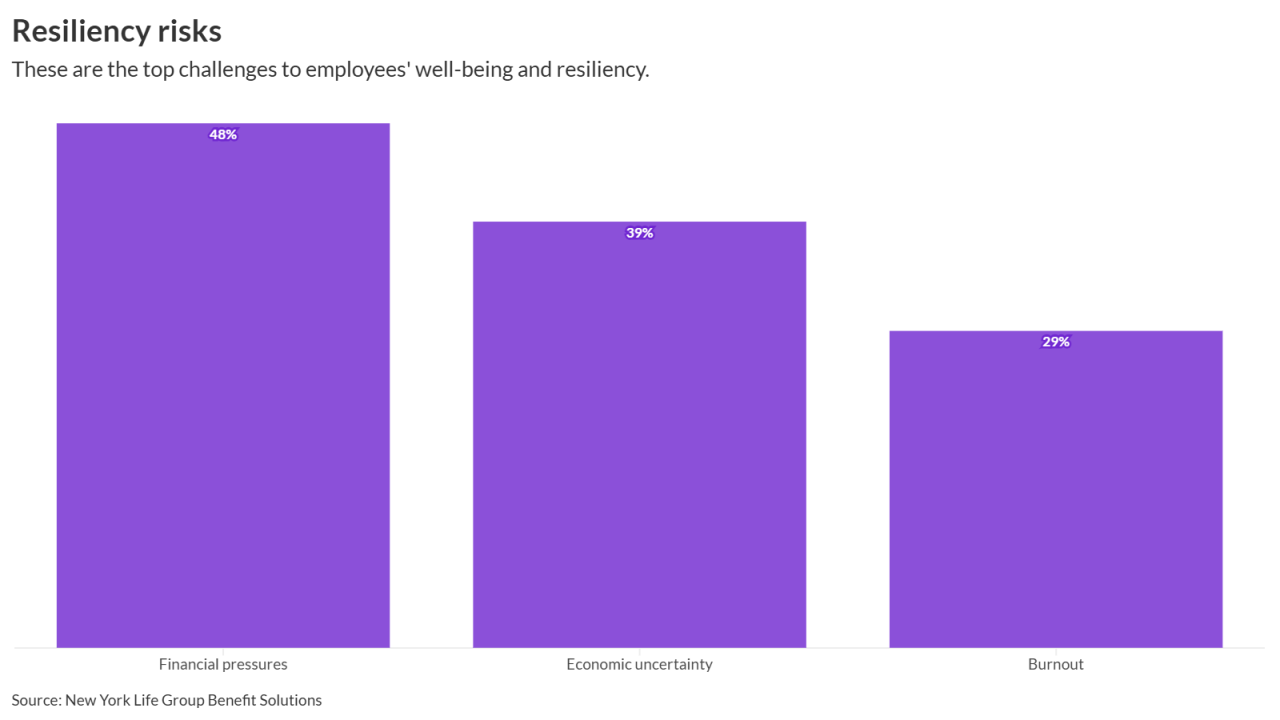Multiple Employer Plans, also referred to as MEPs, offer a potential solution to the looming retirement crisis for one of the most underserved segments of the U.S. population: small businesses and the employees they represent.

MEPs attempt to create broadly available and simple retirement plans that spread the cost burden over multiple employers. There are two basic categories of these plans, both of which target participants with less than $5 million in retirement assets:
1. Open MEPs enable multiple employers within unrelated industries to band together and create a single 401(k) plan, while sharing the expenses and administrative overhead.
2. Closed MEPs enable multiple employers within the same industry or trade group to do the same.
Conflicts between agencies
Adding to the confusion surrounding an already complicated subject, the U.S. Department of Labor (DOL) and Internal Revenue Service (IRS) disagree over how these plans should be treated:
- The DOL doesn’t treat an open MEP as a single plan and makes each contributing employer subject to individual fiduciary rules.
- The IRS regards both open and closed MEPs as single plans, consistently holding the two variants to the same set of standards and applying the same ERISA compliance rules to both plan types.
The differences in approach create uncertainties and potential liabilities, including fines, for employers—especially for those contributing to an open MEP.
"MEPs attempt to create broadly available and simple retirement plans that spread the cost burden over multiple employers."
The traditional three-legged stool of retirement model – pensions, Social Security and personal savings – is about to fall over. Pensions are nearly extinct, and Social Security is projected to be insolvent by 2033. That means employees will have only one leg—personal savings—with which to support their entire retirement. Solutions are needed and MEPs—although still mired in regulatory confusion—are an important move in the right direction.




